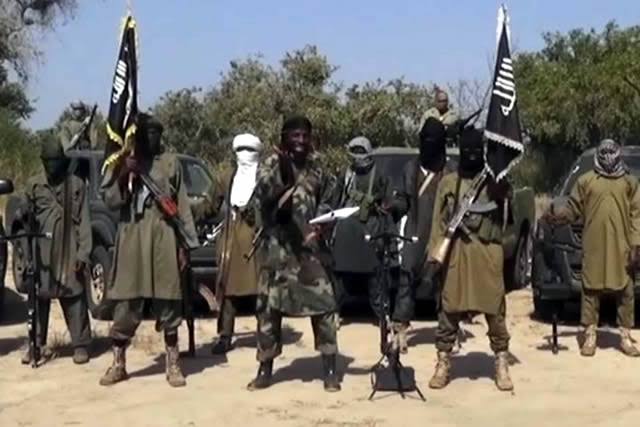Terrorism remains one of the most challenging security concerns confronting Nigeria, with Boko Haram and its one-time ally ISWAP taking the lead. These are beside splinter groups and fresh entrants.
These organisations have increased in sphere and influence, so much that they have moved from their traditional base in the North East to the North West and part of the North Central.
One major issue that has remained unanswered in the public space is how these perpetrators of evil get funded.
Only recently, President Bola Tinubu asserted that 100 terrorism financiers have been convicted in the last two years, attributing same to efforts by the Office of the National Security Adviser and the Attorney-General of the Federation who targeted the financial strength of terrorist groups in line with the National Counter-Terrorist Financing Strategy.
However, some pundits and analysts differ from the President’s position such a huge number of financiers were convicted. They wonder why the issue should be shrouded in secrecy if indeed such number have been convicted. They stress not naming the convicts cast doubts about the government’s willingness to fight terrorism.
It is necessary for the government to be decisive in critical matters of this nature to name, shame, and prosecute individuals no matter how powerful or connected they may be.
Unfortunately, it is not the first time we are dealing with such ‘unsubstantiated’ claim by the Nigerian government. In February 2022, the former President Muhammadu Buhari announced that it had uncovered 96 financiers of terrorism and 424 of their associates/supporters, including 123 companies and 33 bureaux de change operators. However these entities were never named.
The government had claimed then that the Nigerian Financial Intelligence Unit had evidence from intelligence exchanges related to terrorism financing on Boko Haram, ISWAP, banditry, kidnapping, and others with 19 countries, yet the details remained ‘confidential’.
We have since 2009 been bedeviled by Islamic fundamentalists who have terrorized, with thousands killed, unnumbered displaced amid economic stagnation, and emotional scars on countless families and communities. It imperative to state inspite of spirited efforts to win the war on terrorism, it continues to flourish, partly due to the funders whose identities remain secret.
These financiers are the unknown engineers of carnage, providing resources for weapons, recruitment, and logistics support to terrorist organisations. Unveiling these funders of evil is a critical step in dismantling the infrastructure of terror. Churning out numbers without naming individuals is unproductive in the circumstance.
To achieve this, the government must strengthen financial intelligence gathering, collaborate with international partners to trace and freeze assets and enforce strict penalties for anyone found guilty of financing terrorism. More importantly, the government must engender the political will to pursue these actions, even when the trail leads to powerful individuals.
If it is not unusual in our country for our law enforcement agencies to make public shows of the arrest of petty thieves and internet fraudsters, it is then unrealistic that we cannot publicly name financiers of death merchants in the guise of fundamentalism.
Many dare to ask: What are the names of these convicts? When were they tried? In which courts? What sentences did they get? Who are concerned that impunity is at work.
Some Nigerians were found guilty of setting up a Boko Haram cell in the United Arab Emirates to raise funds for fighters back home. The convicts were convicted in the UAE of attempting to send $782,000 from Dubai to Nigeria and received sentences ranging from 10 years to life. It is ridiculous that foreign governments can name Nigerians sponsoring terrorism own country while the Nigerian authorities shield their identities.
We commend the Senate for bold moves to call the authorities to respond to pertinent questions on how these merchants of death get their funding.
Security agencies should work with financial regulatory authorities and international partners to track inflow of funds to terrorist groups in the country. They must be made to bear the brunt of their evil against humanity.
Emphasis should go beyond the country in tracking this funding as there could be off-shore inflows to these criminal elements.





